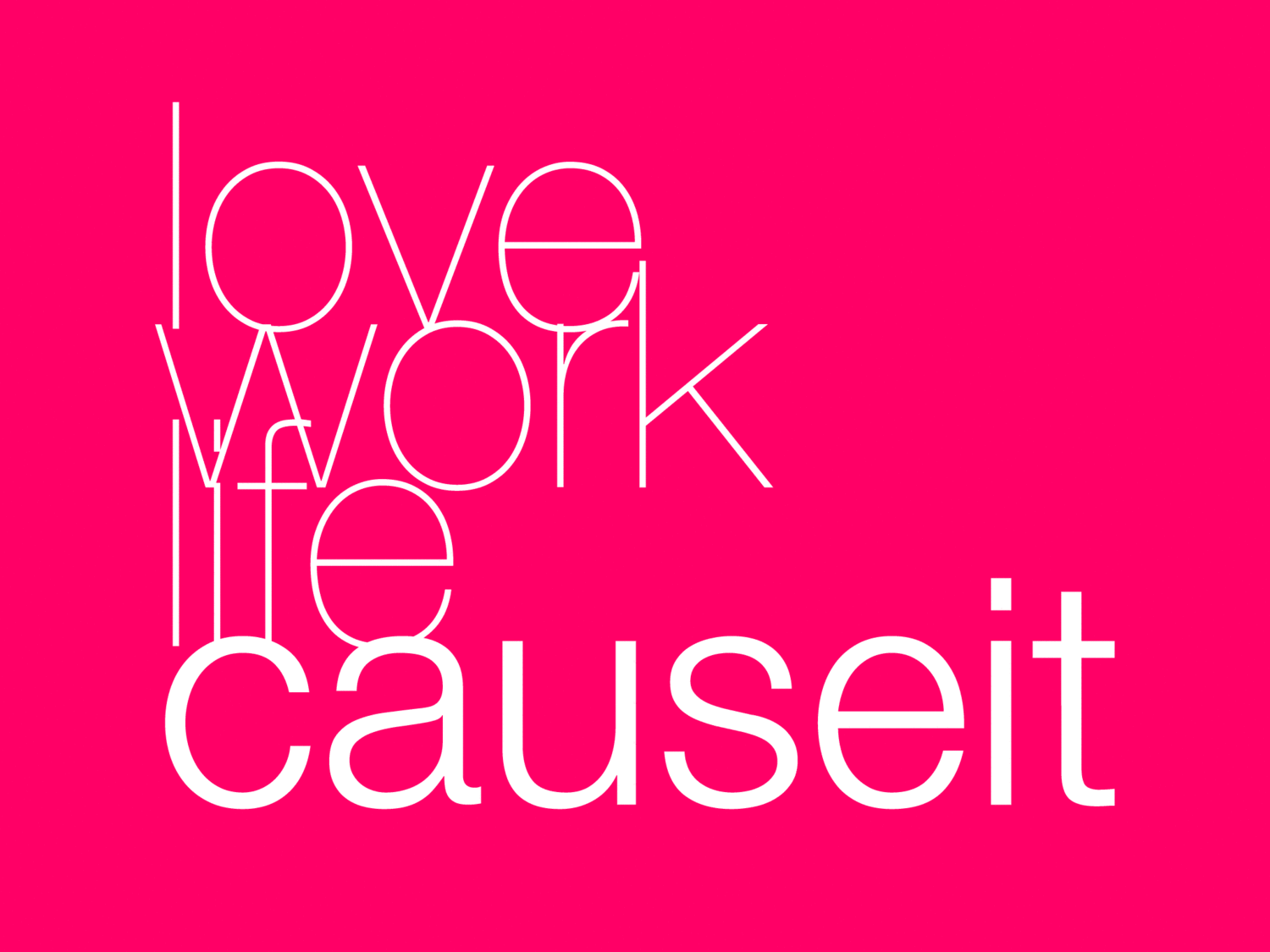References
Cassano, J. (2016, February 2). How Uber Profits Even While Its Drivers Aren’t Earning Money. Retrieved June 1, 2016.
“…We’ve seen corporates play with even very young startups through this sort of “data diplomacy”…enabling an entrepreneur to get some limited access to data in order to test it out and create a product around it.” Beyroutey J. and MJ Petroni (2013, September 17). Personal interview.
Open Letter to Facebook About its Real Names Policy. (2015, October 5). Retrieved April 3, 2016.
Osofsky, J., & Gage, T. (2015, December 15). Community Support FYI: Improving the Names Process on Facebook [facebook Newsroom]. Retrieved April 3, 2016.
Calvo, R. A., & Peters, D. (2014). Positive Computing: Technology for Wellbeing and Human Potential. The MIT Press.
Bonchek, M. (2013, May 3). Little Data Makes Big Data More Powerful. Retrieved June 1, 2016.
Seshagiri, A. (2014, October 1). Claims That Google Violates Gmail User Privacy. The New York Times. Retrieved June 1, 2016.
Kramera, A. D., Guilloryb, J. E., & Hancockb, J. T. (2014). Experimental evidence of massive-scale emotional contagion through social networks. PNAS, 111(29), 10779.
Goel, V. (2014, June 29). Facebook Tinkers With Users’ Emotions in News Feed Experiment, Stirring Outcry. The New York Times. Retrieved June 1, 2016.
Schroepfer, M. (2014, October 2). Research at Facebook [facebook Newsroom]. Retrieved April 3, 2016.
Jackman, M., & Kanerva, L. (2016). Evolving the IRB: Building Robust Review for Industry Research. Washington and Lee Law Review Online, 72(3), 442.
Gewirtz, D. (2015, October 15). Europe to US: Stop storing our data on your servers (or else). Retrieved June 1, 2016.
Kelley, P. G., Bresee, J., Cranor, L. F., & Reeder, R. W. (2009). A nutrition label for privacy. In Proceedings of the 5th Symposium on Usable Privacy and Security (p. 4). ACM. Retrieved March 3, 2016.
Kelley, P. G., Cesca, L., Bresee, J., & Cranor, L. F. (2010). Standardizing privacy notices: an online study of the nutrition label approach. In Proceedings of the SIGCHI Conference on Human factors in Computing Systems (pp. 1573–1582). ACM.
Usable Privacy. (n.d.). Retrieved March 3, 2016
PBS. (n.d.). Retrieved June 1, 2016
Tuerk, A. (2015, February 10). Take a Security Checkup on Safer Internet Day. Retrieved March 15, 2016
Kirchner, J. A., Surya Mattu, Jeff Larson, Lauren. (2016, May 23). Machine Bias: There’s Software Used Across the Country to Predict Future Criminals. And it’s Biased Against Blacks. Retrieved June 23, 2016.
The UX Of Ethics: Should Google Tell You If You Have Cancer? (2016, April 18). Retrieved May 7, 2016.
Federation (information technology). (2016, May 21). In Wikipedia, the free encyclopedia. Retrieved March 27, 2016.
Cook, T. (2016, February 16). Customer Letter. Retrieved February 17, 2016.
Sikoryak, R. (n.d.). iTunes Terms and Conditions: The Graphic Novel. Retrieved March 30, 2016.
Fussell, M. B. and C. (2013, February 20). Use Doctrine to Pierce the Fog of Business. Retrieved February 16, 2016.
Authors
MJ Petroni
Cyborg Anthropologist and CEO, Causeit, Inc.
Jessica Long
Cyborg Anthropologist, Causeit, Inc,
Contributors
Steven C. Tiell
Senior Principal—Digital Ethics
Accenture Labs
Harrison Lynch
Accenture Labs
Scott L. David
University of Washington
Data Ethics Research Initiative
Launched by Accenture’s Technology Vision team, the Data Ethics Research Initiative brings together leading thinkers and researchers from Accenture Labs and over a dozen external organizations to explore the most pertinent issues of data ethics in the digital economy. The goal of this research initiative is to outline strategic guidelines and tactical actions businesses, government agencies, and NGOs can take to adopt ethical practices throughout their data supply chains.
Copyright
This document makes descriptive reference to trademarks that may be owned by others.
The use of such trademarks herein is not an assertion of ownership of such trademarks by Accenture or Causeit, Inc. and is not intended to represent or imply the existence of an association between Accenture, Causeit, Inc. and/or the lawful owners of such trademarks.
© 2016 Causeit, Inc. All rights reserved. This work is licensed under the Creative Commons Attribution 4.0 International License. To view a copy of this license, visit http://creativecommons.org/licenses/by/4.0/ or send a letter to Creative Commons, PO Box 1866, Mountain View, CA 94042, USA. Accenture is a trademark of Accenture.

